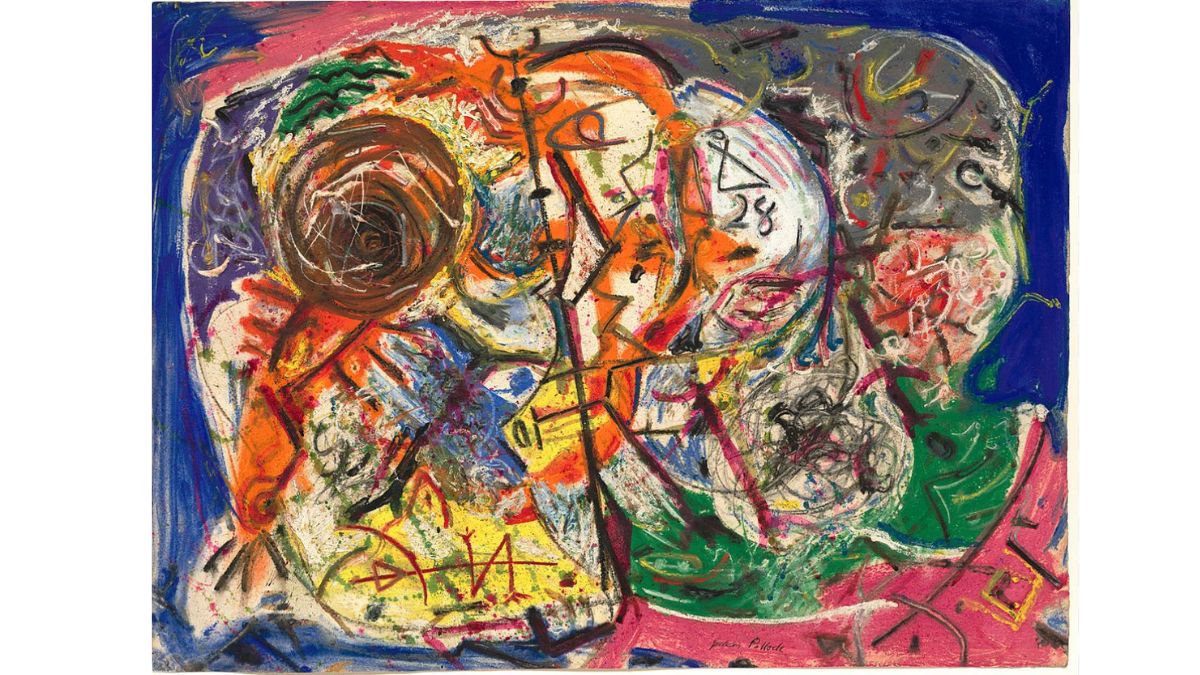Briefs, brainwaves and bucket lists

Act I: The Mind Beneath the Rain.
I began in the North of England — not in some romanticised pastoral novel, but in the grey, gritty corridors of psychiatric units, learning about the human condition before I fully understood my own.
I was eighteen, curious, quiet, and prone to asking questions that made people squirm. That made me a decent trainee in psychiatry. And if you can understand schizophrenia in Liverpool or marital despair in Morecambe, you’re halfway to understanding the world.
It was a place of odd poetry: rain on hospital windows, steam rising from NHS tea, and the murmured truths of broken men who’d fought wars, lost jobs, or simply run out of road.
Psychology gave me language. Psychiatry gave me humility. The North? The North gave me spine.
Act II: Law, Interruptions & the Price of Words.
By my late twenties, I’d swapped Freud for legalese, and padded psychiatric silence for courtroom interruption.
I became a solicitor — not for status or silver spoons, but for the sheer love of argument, of precision, of holding power accountable. The courtroom became my new theatre, precedent my poetry. Now I was billing by the hour, but still listening like a shrink.
I moved through decades of law like a quiet witness to Britain’s slow unravel: collapsing public services, rising right-wing populism, the swagger of the mediocre made mainstream.
But through it all, I carried a compass of justice that no wig or robe could mask. And a deep knowledge that truth often lived in the pauses, not the punchlines.
Act III: The Jackson Pollock of Moments.
Now, in my sixties, I find myself drifting — happily, if messily — into the land of philosophy.
Not the armchair, pipe-smoking kind. More the kind that emerges from walking the dog at dusk, or remembering a line from To Kill a Mockingbird while buttering toast.
Life, it turns out, is not a linear brief but a Jackson Pollock canvas of moments — splattered with joy, pain, absurdity and grace. The trick is to stand back and see the whole, not fret about the mess.
We are born.
We die.
And in between, we get the full palette of colours: sorrow, laughter, heartbreak, pleasure, confusion, clarity, rage, and — if we’re lucky — moments of contentment so deep they go unspoken.
This is the rainbow of existence. And like those Adidas trainers in my hallway — all different, all part of the same whole — I now cherish the oddness, the hues, the contradictions.
Between the Polls and the Pulse.
I no longer trust the headlines.
Badenoch? Patel? The desperate clickbait of populism? Let them shout. I’ll write.
History, I’ve learned, is written by winners. But truth belongs to the underdog — to those of us who lived in between, who didn’t make the news, but understood its silences.
I believe in freedom of expression, not because it’s fashionable, but because I know what happens when it’s taken away.
I believe in engagement, not as a social media tactic, but as a human need. To be seen. Heard. Felt. To feel useful again.
And I believe in mindfulness, not the yoga-brochure kind, but the Northern, “just deal with it” kind. Being present with what is. Laughing in the storm. Breathing through the noise.
The Bucket, Eventually.
So I continue — part lawyer, part philosopher, part Labrador’s best friend.
Wearing old Adidas, writing with my old Parker pen, still wondering what this thing called life is all about.
And when the time comes — when I finally meet il secchio (the bucket) — I hope I kick it with grace, humour, and a quiet sense that I gave this brief, beautiful, baffling life a decent go.
Until then, I live. I write. I wander. I watch.
And I splash a little colour wherever I can.
Epilogue:
You’re born. You die.
Everything in between is the art of paying attention.
Society